52 ideas that changed the world - 41. The wheel
The wheel might seem simple, but it took humans a long time to figure it out
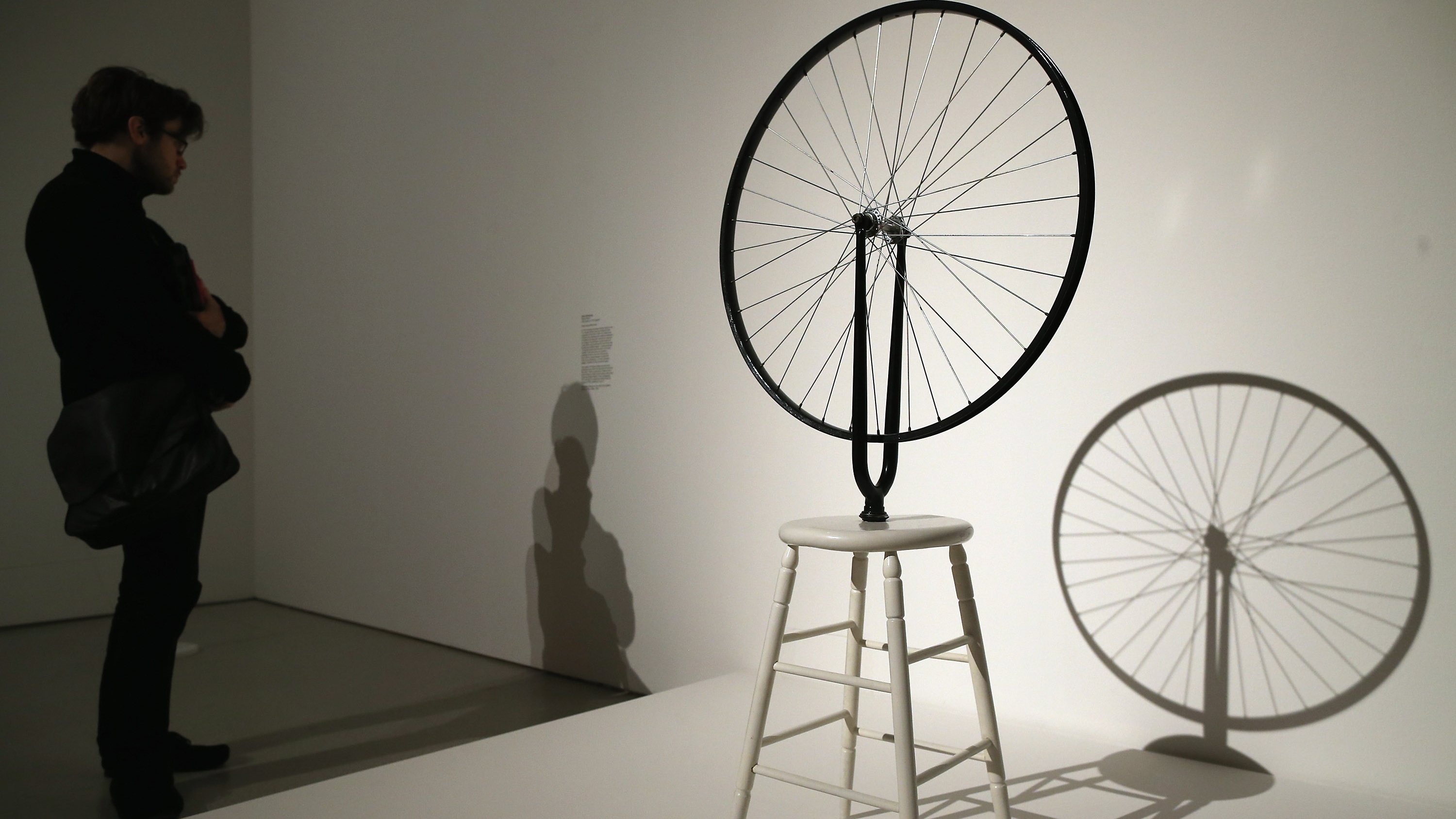
A free daily email with the biggest news stories of the day – and the best features from TheWeek.com
You are now subscribed
Your newsletter sign-up was successful
In this series, The Week looks at the ideas and innovations that permanently changed the way we see the world. This week, the spotlight is on the wheel:
The wheel in 60 seconds
A wheel is a circular block, usually made of a hard and durable material. In the centre of the wheel is a hole for an axle, about which the wheel rotates.
The Week
Escape your echo chamber. Get the facts behind the news, plus analysis from multiple perspectives.

Sign up for The Week's Free Newsletters
From our morning news briefing to a weekly Good News Newsletter, get the best of The Week delivered directly to your inbox.
From our morning news briefing to a weekly Good News Newsletter, get the best of The Week delivered directly to your inbox.
Wheels are usually fixed below an otherwise static object to help it move. They are commonly an element of a means of transportation, such as cars and bicycles, but have uses in agriculture, manufacturing and beyond.
The wheel is considered one of the most fundamental inventions that we use in everyday life, and it is one of the “six simple machines” that were defined by Renaissance artists.
How did it develop?
A primitive understanding of the principles behind the wheel was said to have been reached in the Palaeolithic era (15,000 to 750,000 years ago) by humans who realised round objects were easier to move than irregular ones.
A free daily email with the biggest news stories of the day – and the best features from TheWeek.com
If a cylindrical object – for instance, a fallen tree – was placed underneath a large object that needed moving, the job was made far easier.
But despite humans using rounded objects as a form of primitive wheel for thousands of years, it wasn’t until around 3500BC that humans began to make their own wheels.
Evidence suggests that the first human-made wheels were created as potter’s wheels. It wasn’t until 300 years later, that someone had the bright idea to start using wheels to make chariots, says Smithsonian Magazine.
The oldest man-made wheel discovered dates back to around 3200BC, and was found in Ljubljana, Slovenia.
More than 1,000 years later, the Egyptians began to create spoked wheels to improve speed and manoeuvrability, reports History Answers. Another thousand years later, Celtic people began using iron rims for greater strength.
The wheel then remained largely unimproved until around the 19th century, when Scottish engineer Robert William Thomson invented the pneumatic tyre. This was a rubber wheel of compressed air, a design that paved the way for the car and bicycle tyres we use today.
Wire spoked wheels combined with pneumatic tyres allowed wheels to be both stiff and light.
How did it change the world?
The Sun newspaper says the wheel is often described as “the most important invention of all time”, saying “it had a fundamental impact on transport and later on agriculture and industry”.
The use of the wheel for transport is one of the earliest and most significant factors in globalisation. It wasn’t until around AD600 that the wheel was used to create modes of transportation, even though it was being used for irrigation, milling and pottery, says Richard Bulliet in his 1975 book, The Camel and the Wheel.
Use of the wheel has continued to revolutionise travel and transportation through to the present day. The wheel was fundamental to the creation of the propeller and jet engine, both used in the development of the aeroplane.
It is used in trains, cars and now the scooters used by children and commuters.
Its use in agriculture is almost as important as its use in transportation. “For centuries, waterwheels and windmills helped irrigate fields or remove water from flooded areas; they drove grinding machines to produce flour; they powered bellows and hammers in metal workshops,” says the Sun.
The wheel also helped with construction. The wheelbarrow, for example, is believed to have first appeared in ancient Greece somewhere between 600 and 400BC, saving workmen days of labour.
-
 How the FCC’s ‘equal time’ rule works
How the FCC’s ‘equal time’ rule worksIn the Spotlight The law is at the heart of the Colbert-CBS conflict
-
 What is the endgame in the DHS shutdown?
What is the endgame in the DHS shutdown?Today’s Big Question Democrats want to rein in ICE’s immigration crackdown
-
 ‘Poor time management isn’t just an inconvenience’
‘Poor time management isn’t just an inconvenience’Instant Opinion Opinion, comment and editorials of the day
-
 52 ideas that changed the world - 52. Zero
52 ideas that changed the world - 52. ZeroIn Depth The technology on which you’re reading this article only works because of zero
-
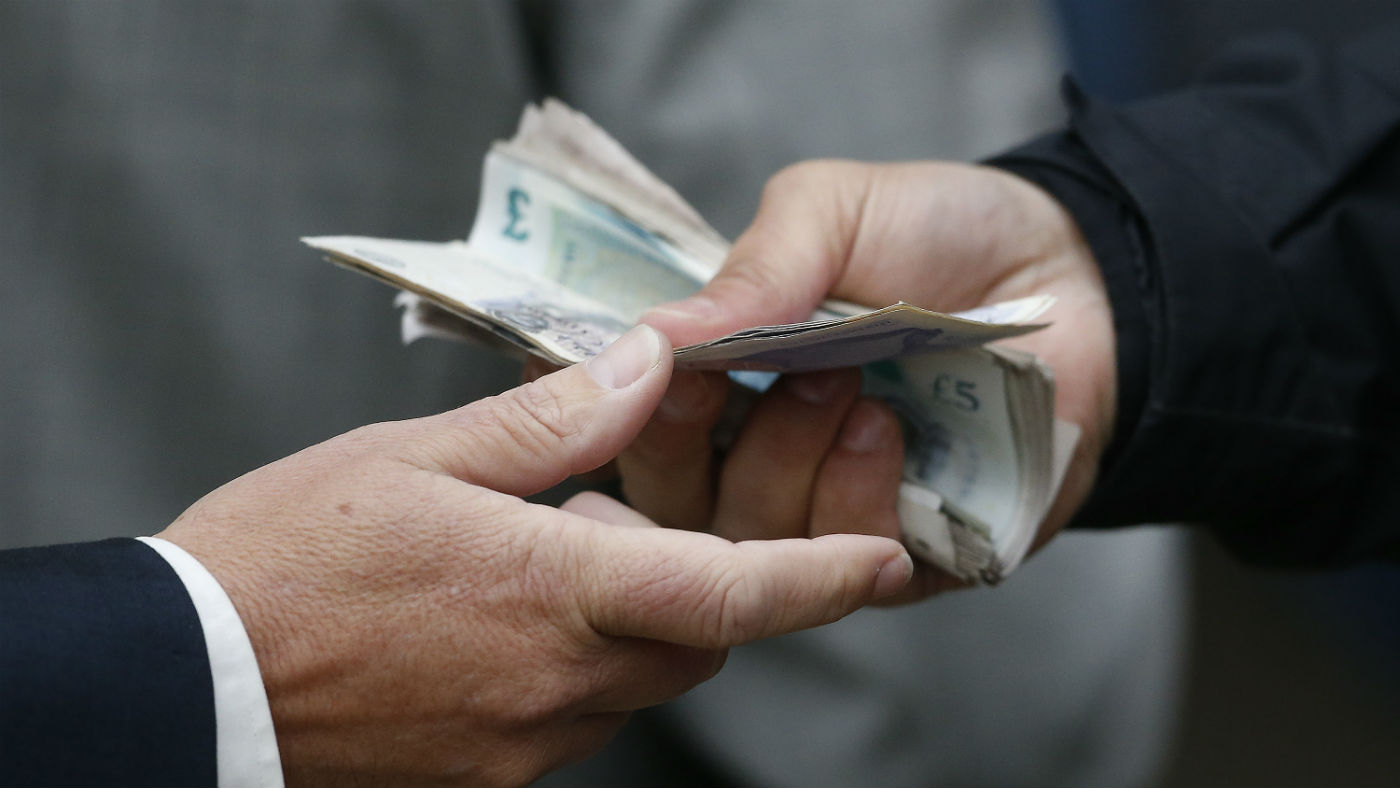 52 ideas that changed the world - 50. Money
52 ideas that changed the world - 50. MoneyIn Depth Millennia of civilisations have used mediums of exchange ranging from seashells and cows to bitcoin and cash
-
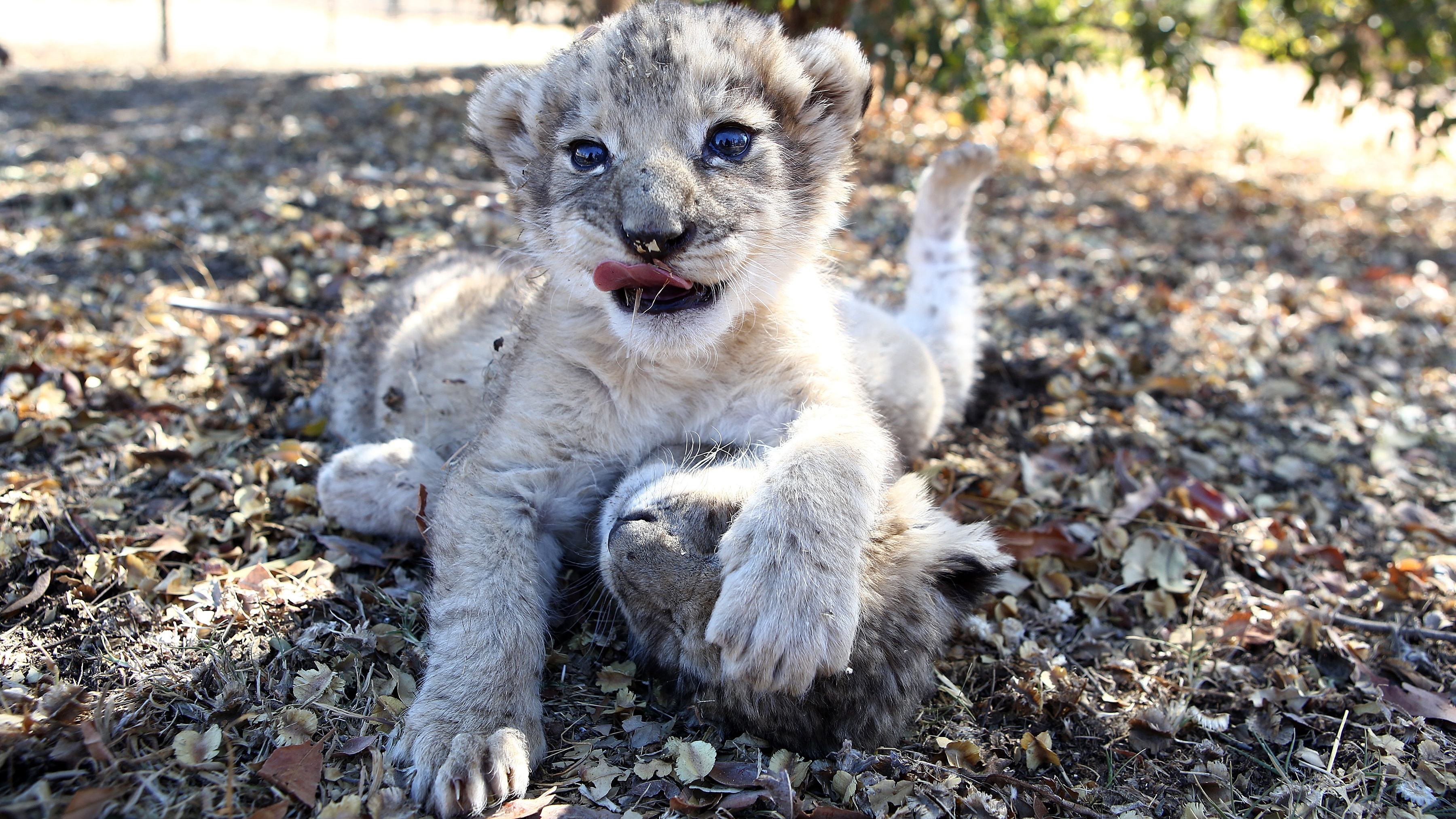 52 ideas that changed the world - 49. Ecology
52 ideas that changed the world - 49. EcologyIn Depth Scientific ecology can be traced back to Charles Darwin and considers living things and their environment
-
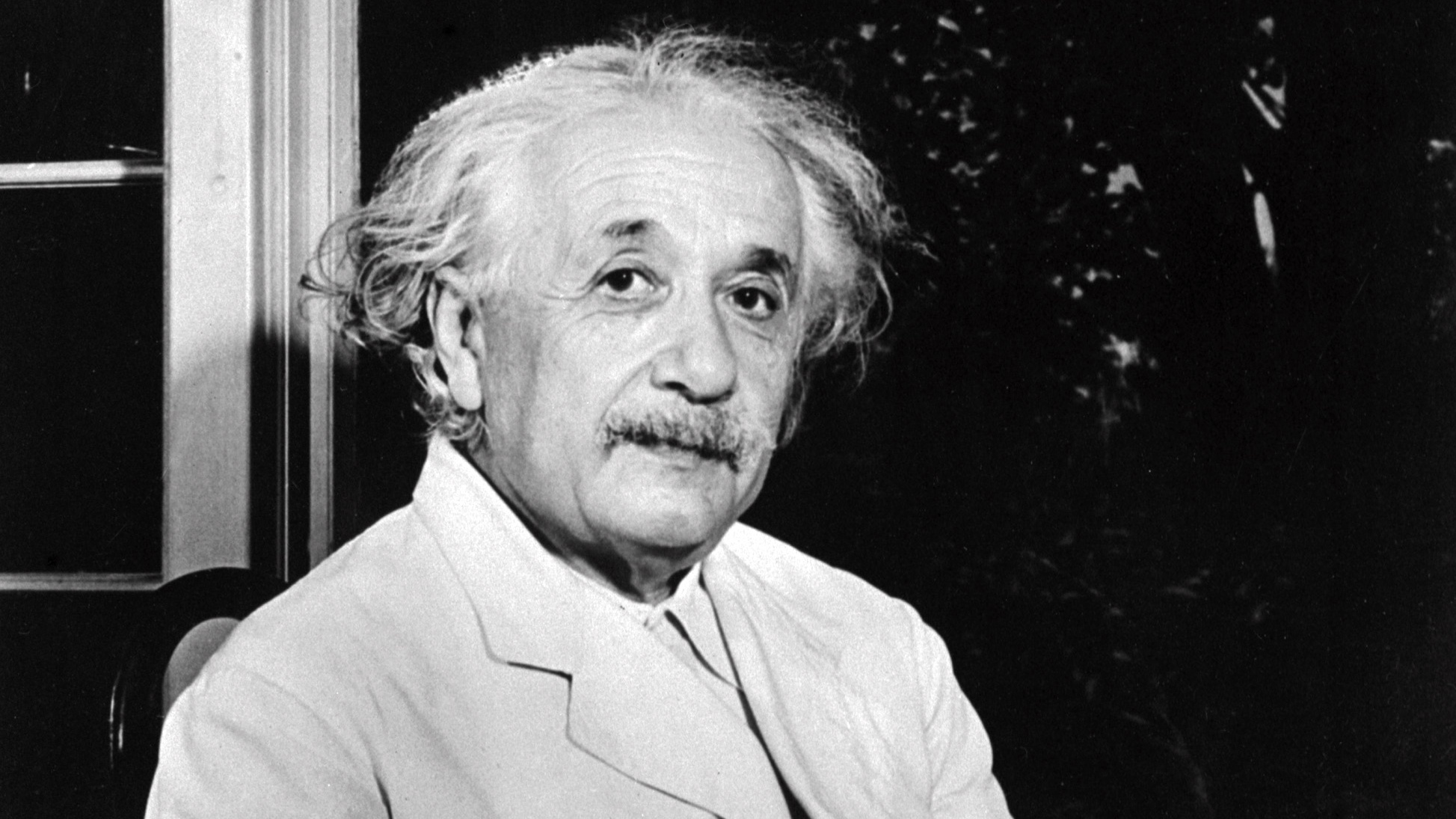 52 ideas that changed the world - 47. Relativity
52 ideas that changed the world - 47. RelativityIn Depth Einstein’s theory remains ‘most important in modern physics’
-
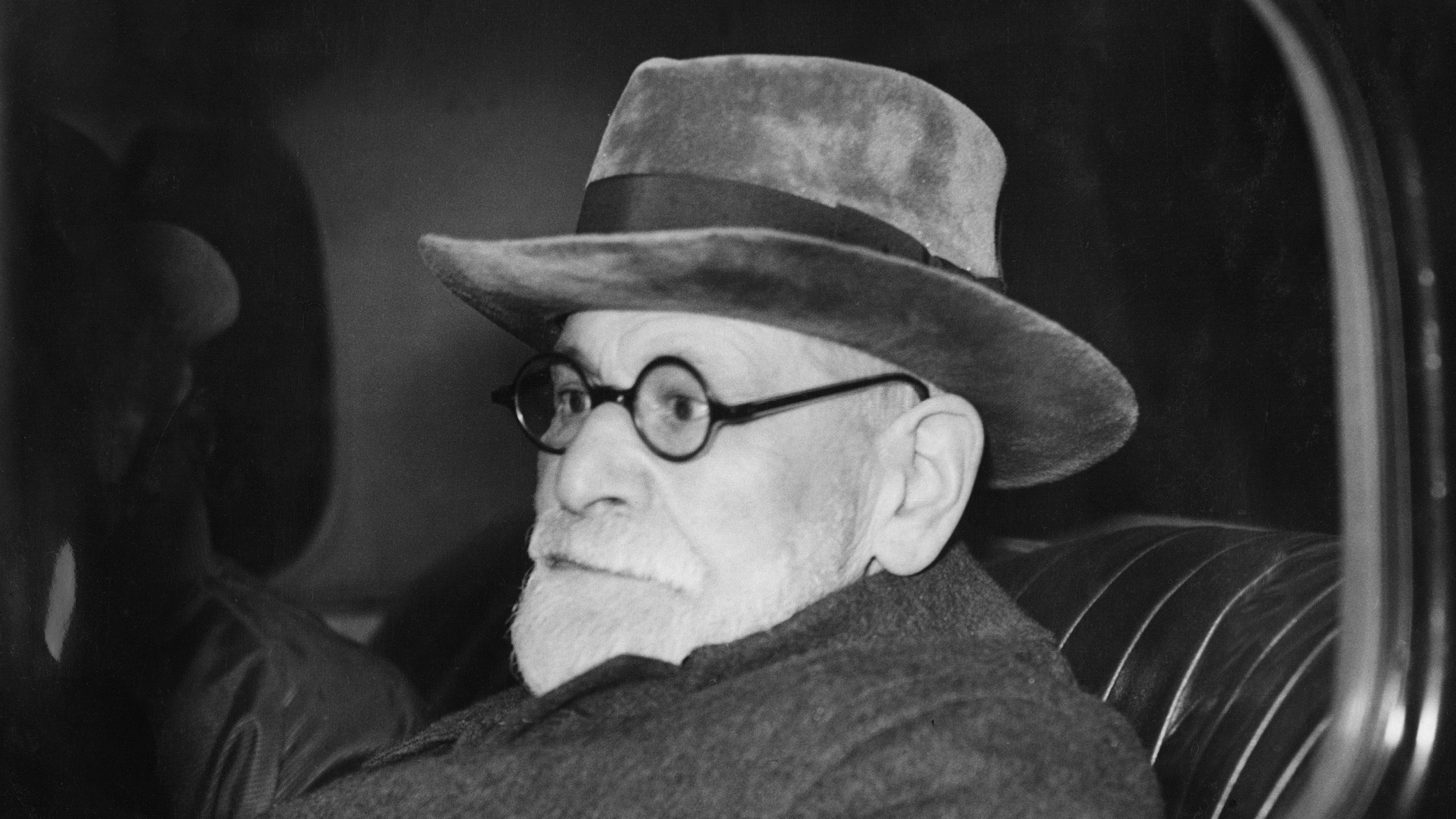 52 ideas that changed the world - 46. The unconscious mind
52 ideas that changed the world - 46. The unconscious mindIn Depth The theory of an obscured section of human consciousness has hooked psychologists for centuries
-
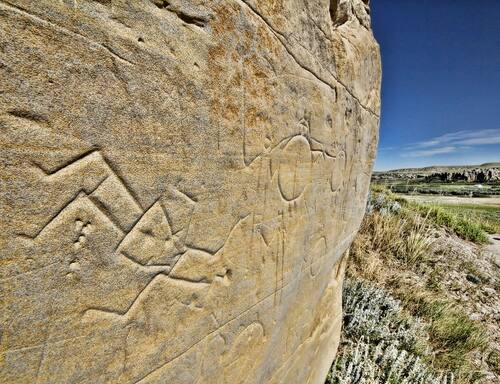 52 ideas that changed the world - 43. Writing
52 ideas that changed the world - 43. WritingIn Depth Writing is the foundation of history, great literature – and this article
-
 52 ideas that changed the world - 42. Monogamy
52 ideas that changed the world - 42. MonogamyIn Depth The roots of monogamy have more to do with evolution than romance
-
 52 ideas that changed the world - 39. Selective breeding
52 ideas that changed the world - 39. Selective breedingIn Depth Domesticating animals and creating plants and crops allowed agriculture to flourish